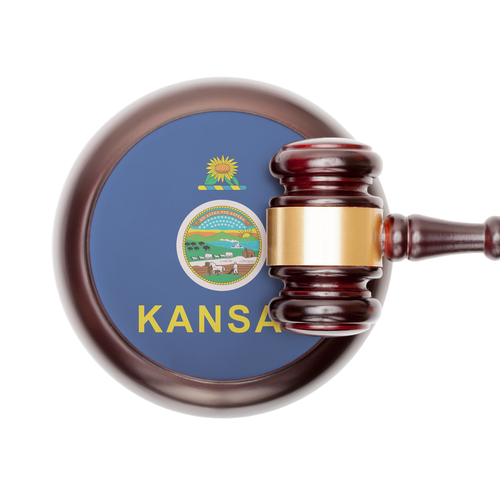Lawmakers ask for 'frank examination' of response to federal judge's sexual misconduct

Image from Shutterstock.com.
Members of the House Judiciary Committee are calling for “a frank examination of the adequacy of the steps taken to address” sexual misconduct by a federal judge in Kansas.
In a Feb. 6 letter, House Judiciary Committee Chairman Jerrold Nadler and three other committee members asked for more information about the response to misconduct by U.S. District Judge Carlos Murguia of Kansas City, Kansas.
Murguia was publicly reprimanded Sept. 30 for sexually harassing court employees, having an extramarital relationship with a convicted felon on probation, and being late for court engagements. Murguia was back on the bench Monday, Oct. 7, according to a press release by Fix the Court.
The 10th Circuit Judicial Council found that Murguia made sexually suggestive comments; sent inappropriate text messages; and had excessive, nonwork-related conduct with employees. But the employees were reluctant to report the behavior because of Murguia’s power as a federal judge, according to the lawmakers’ letter.
A judiciary spokesperson told the New York Times that the reprimand “is not the final step in the process.” The National Law Journal and the Kansas City Star also have coverage of the letter.
The letter requested answers to several specific questions, including these:
• The reprimand did not state when Murguia’s misconduct began or how many people were harassed. Will the information be disclosed at a later point? Are there policies in place for disclosure to prevent future misconduct?
• What protections have been provided to those who were harassed, and what steps have other federal courts taken to ensure support for individuals in similar situations?
• Is there a system in place allowing court employees to anonymously report misconduct?
• What policies are in place to review personnel decisions that may be influenced by misconduct committed by a judge or supervisor?
• Will the district of Kansas investigate whether other judges were concerned about Murguia’s behavior and, if so, why they didn’t file complaints?
Last March, the federal judiciary adopted new rules making clear that sexual harassment is banned, and that judges and their employees have a reporting obligation when such conduct happens.
The rule changes are a response to recommendations of a working group formed after the resignation of Judge Alex Kozinski of the 9th U.S. Circuit Court of Appeals at San Francisco. Fifteen women had accused Kozinski of inappropriate sexual comments and conduct in two Washington Post articles.
The lawmakers’ letter was addressed to the secretary of the U.S. Judicial Conference and the chief judges of the 10th Circuit at Denver and the federal court for the district of Kansas.
Three of the lawmakers who signed the letter are Democrats, and one is a Republican.
The House Judiciary Committee’s Subcommittee on Courts has scheduled a Feb. 13 hearing on protecting judiciary employees from workplace misconduct.



